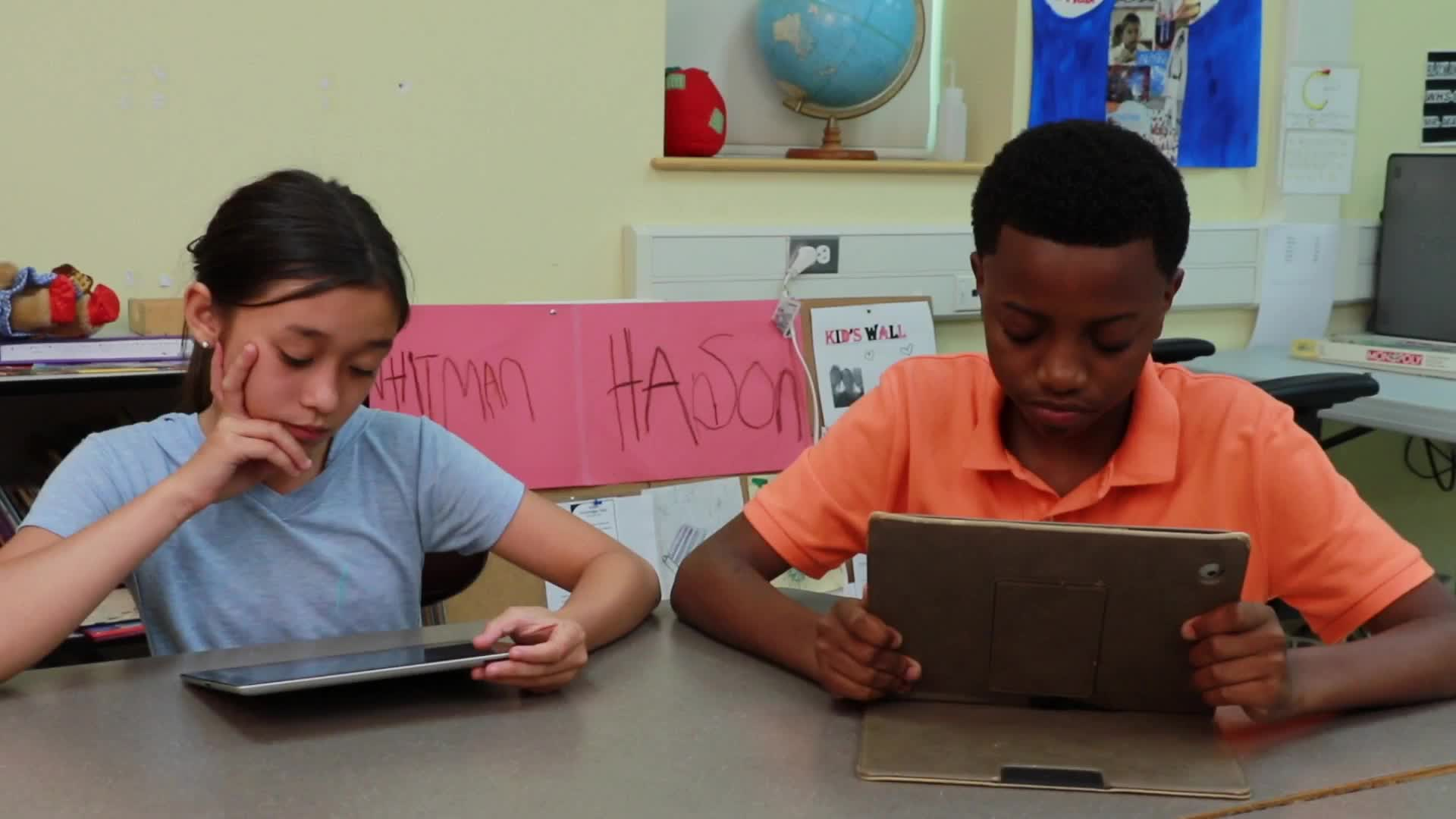Introduction
As educators, we know that listening is a crucial skill for effective communication and relationship building. It is especially important for students in special education, as it helps them develop essential social-emotional learning skills. In this blog post, we will discuss the importance of active listening, provide a no-prep activity to practice this skill, and offer discussion questions to stimulate further exploration. We will also touch upon related skills that can support students in their social-emotional learning journey.
No-Prep Activity: The Listening Game
This activity requires no preparation or materials from the educator and helps students practice active listening in a fun and engaging way. Here’s how it works:
- Divide the students into pairs.
- Ask one student in each pair to share a story or talk about a topic they enjoy.
- The other student should practice active listening by making eye contact, facing their partner with their body, and making comments or asking questions about the story.
- After a few minutes, have the students switch roles and repeat the process.
By participating in this activity, students can practice demonstrating interest in their partner’s story and improve their active listening skills.
Discussion Questions
Use the following questions to stimulate further discussion about active listening:
- Why is active listening important in our everyday conversations?
- How does active listening help us build better relationships with others?
- What are some challenges you might face while trying to actively listen to others? How can you overcome these challenges?
- What are some examples of situations when active listening is especially important?
- How can you practice active listening in different settings, such as at home, in school, or with friends?
Related Skills
Besides active listening, there are other relevant skills that can help students in special education develop their social-emotional learning abilities. Some of these skills include:
- Empathy: Understanding and sharing the feelings of others.
- Non-verbal communication: Reading and expressing emotions through body language, facial expressions, and gestures.
- Conflict resolution: Navigating disagreements and finding solutions that satisfy all parties involved.
- Assertiveness: Expressing one’s feelings, thoughts, and needs in a respectful and honest manner.
Next Steps
Now that you have learned about the importance of active listening and related social-emotional learning skills, it’s time to put them into practice. To help you get started, we encourage you to sign up for free samples of the discussed skill and others at Everyday Speech. These resources will support you in teaching and nurturing these essential skills in your special education students.






